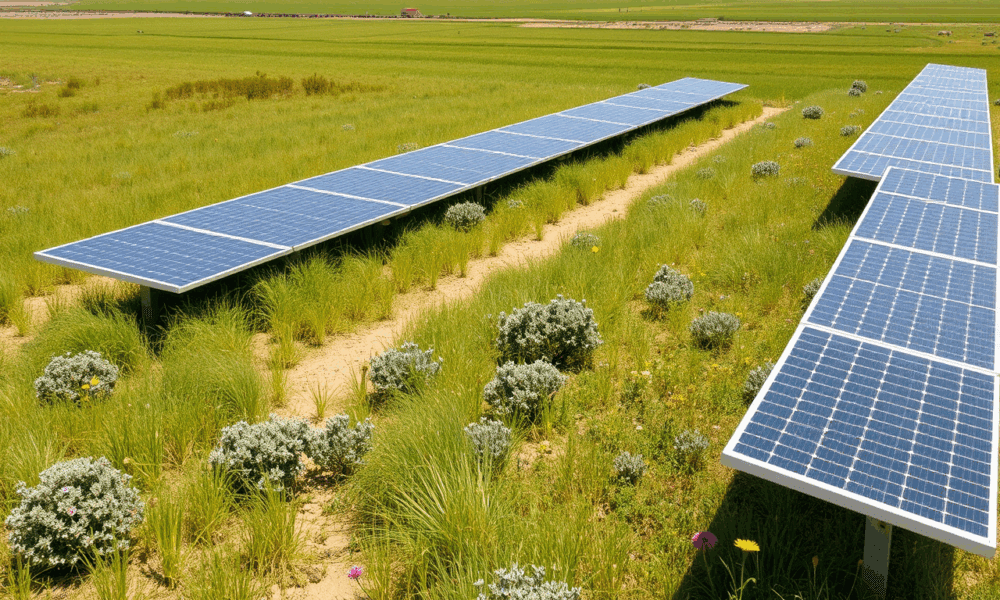
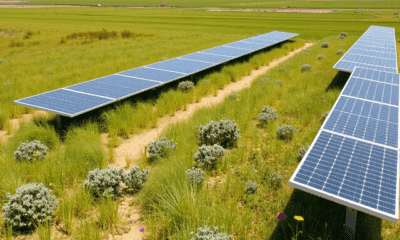

New research shows that the presence of solar panels in Colorado's grasslands may reduce water stress, improve soil moisture levels and -- particularly during dry years...



New research adds to our understanding of how rapidly rising sea levels due to climate change foreshadow the end of the Great Barrier Reef as we...



Electronics often get thrown away after use because recycling them requires extensive work for little payoff. Researchers have now found a way to change the game.
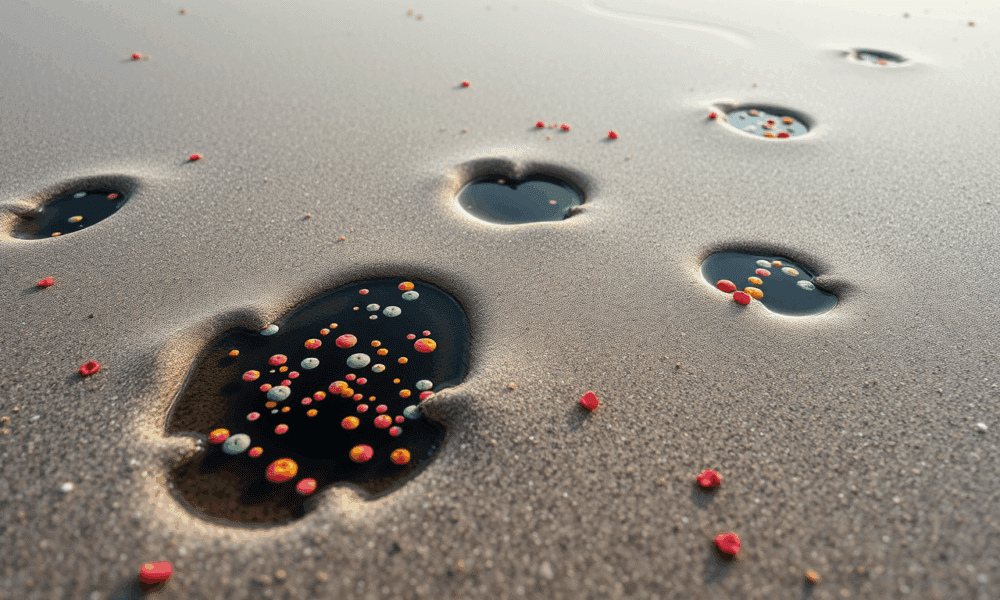
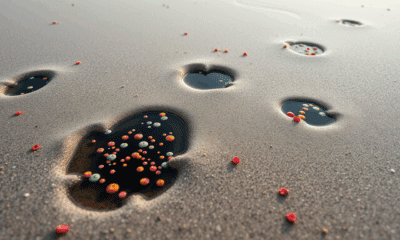

Some microbes living on sand grains use up all the oxygen around them. Their neighbors, left without oxygen, make the best of it: They use nitrate...
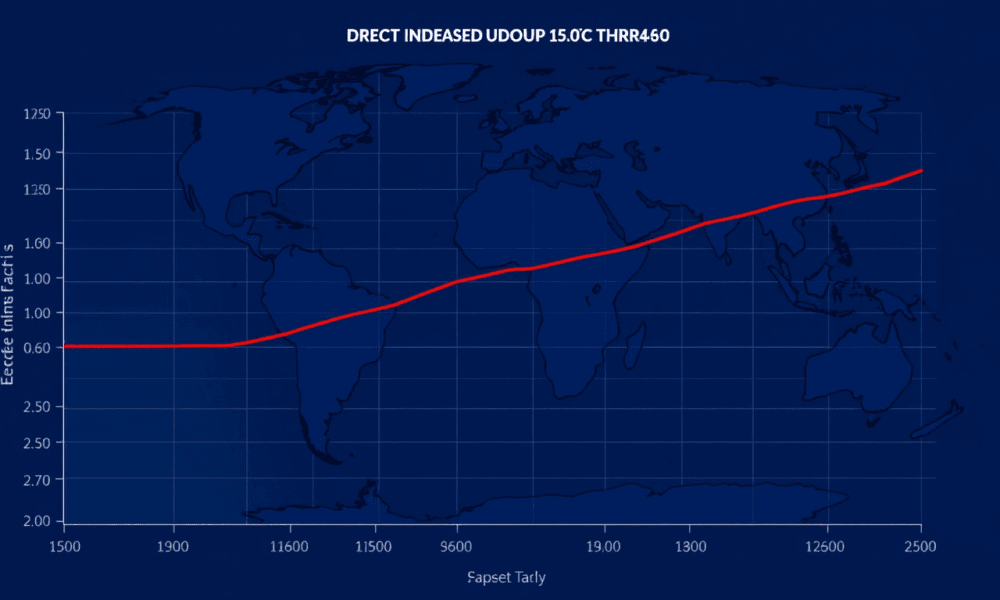
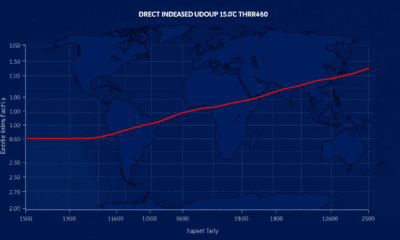

Global warming is continuously advancing. How quickly this will happen can now be predicted more accurately than ever before, thanks to a method developed by climate...
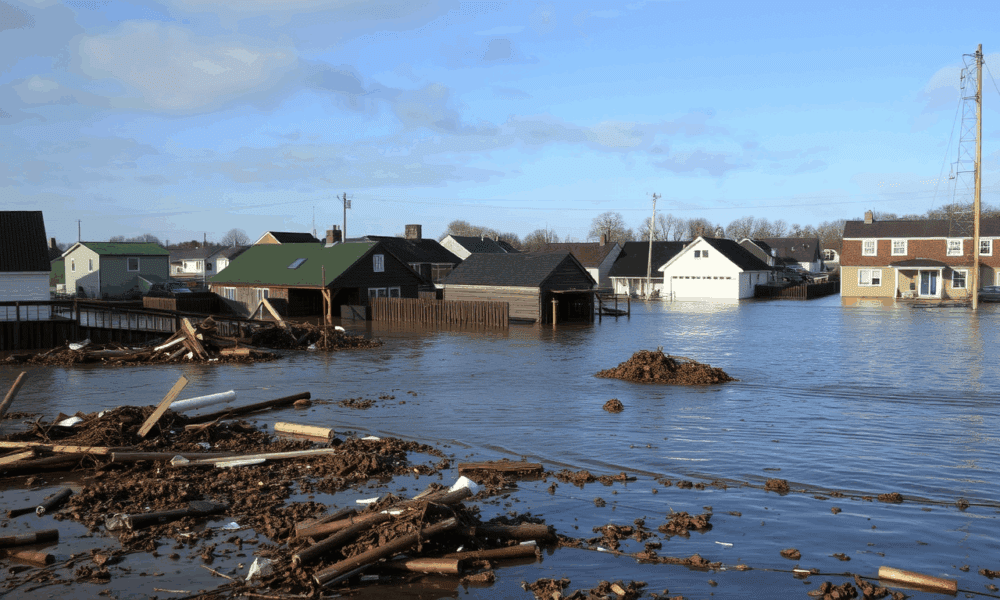
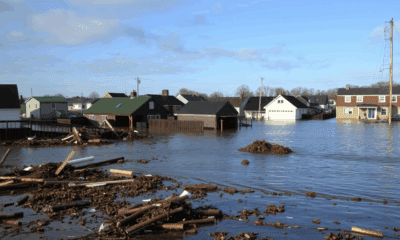

Flooding in coastal communities is happening far more often than previously thought, according to a new study. The study also found major flaws with the widely...
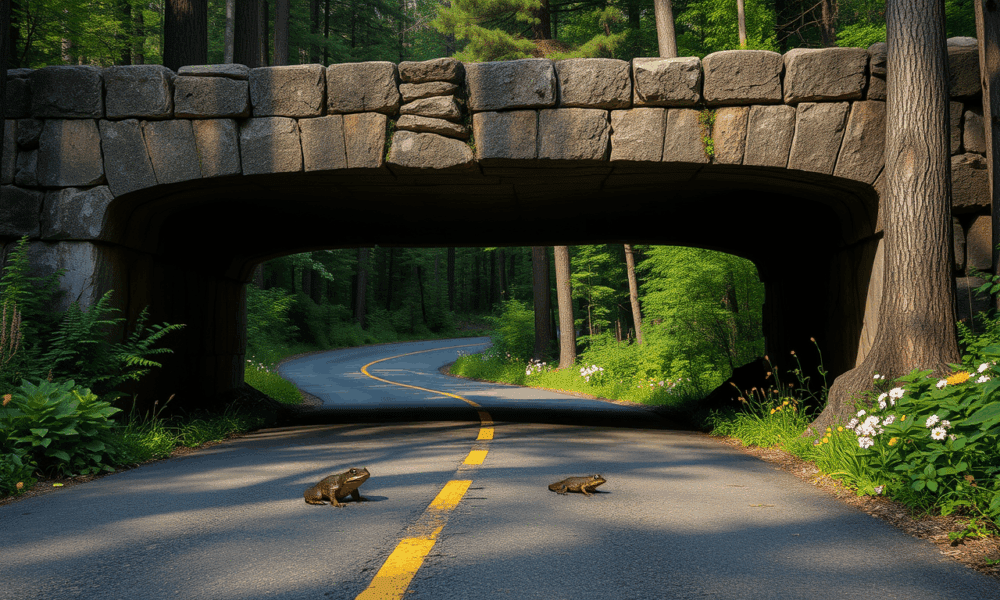
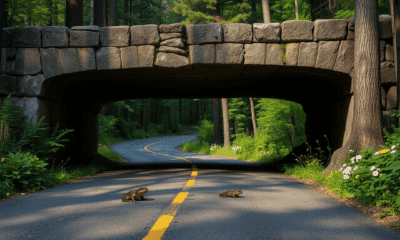

A new study shows that wildlife underpass tunnels dramatically reduce deaths of frog, salamanders, and other amphibians migrating across roads.
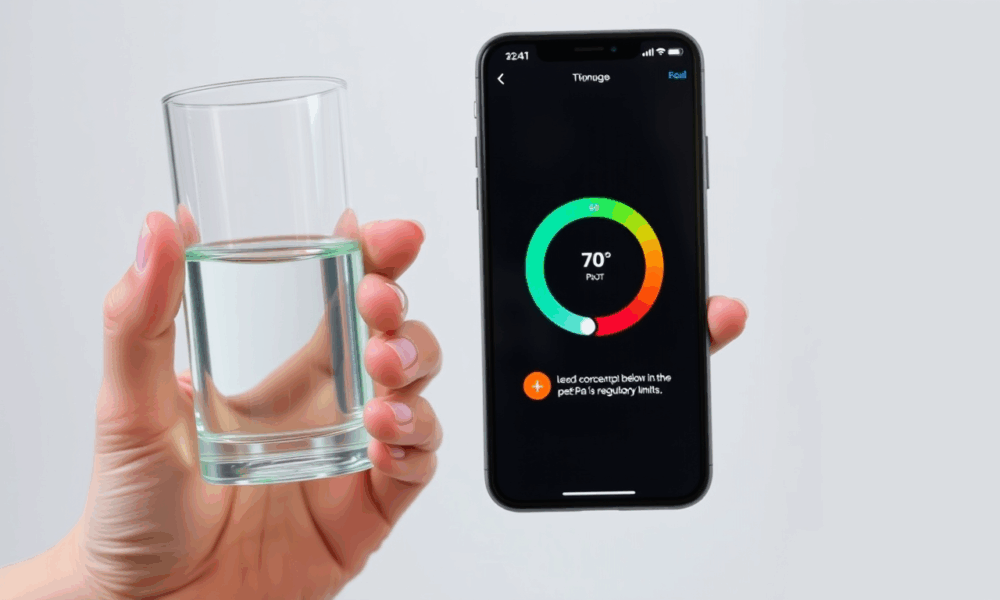


Lead contamination in municipal water sources is a consistent threat to public health. Ingesting even tiny amounts of lead can harm the human brain and nervous...
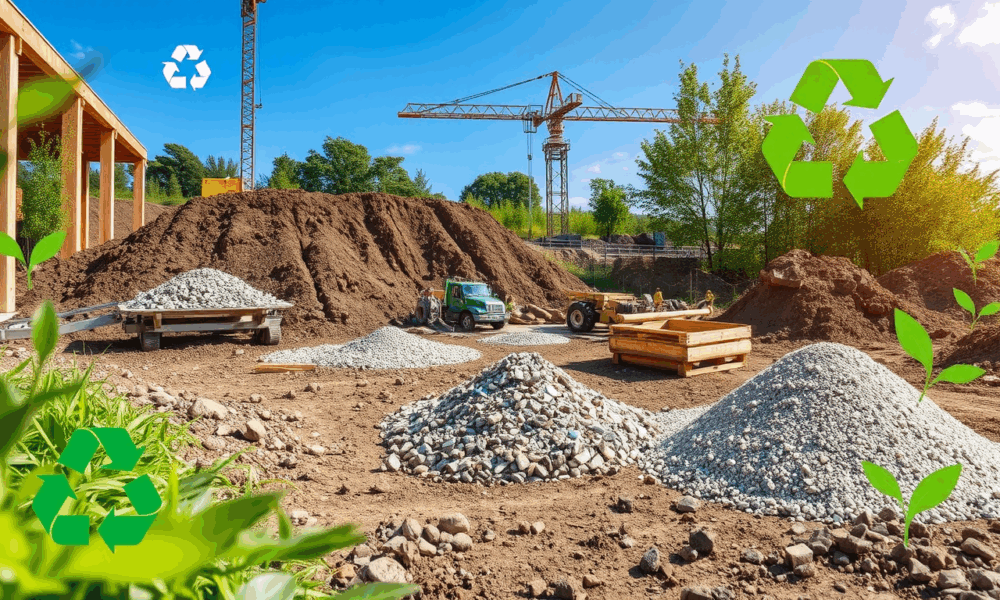
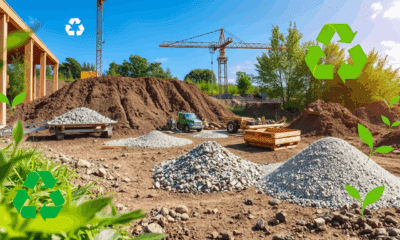

In a major advancement for sustainable construction, scientists have created a cement-free soil solidifier from industrial waste. By combining Siding Cut Powder and activated by Earth...

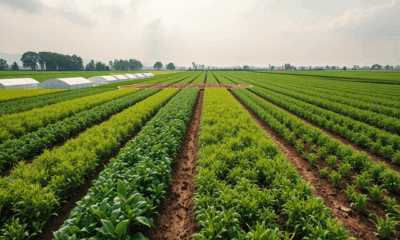

Scientists have pioneered a new way to breed climate-resilient crops faster by combining plant genebank data with climate and DNA analysis. The method, tested on sorghum,...